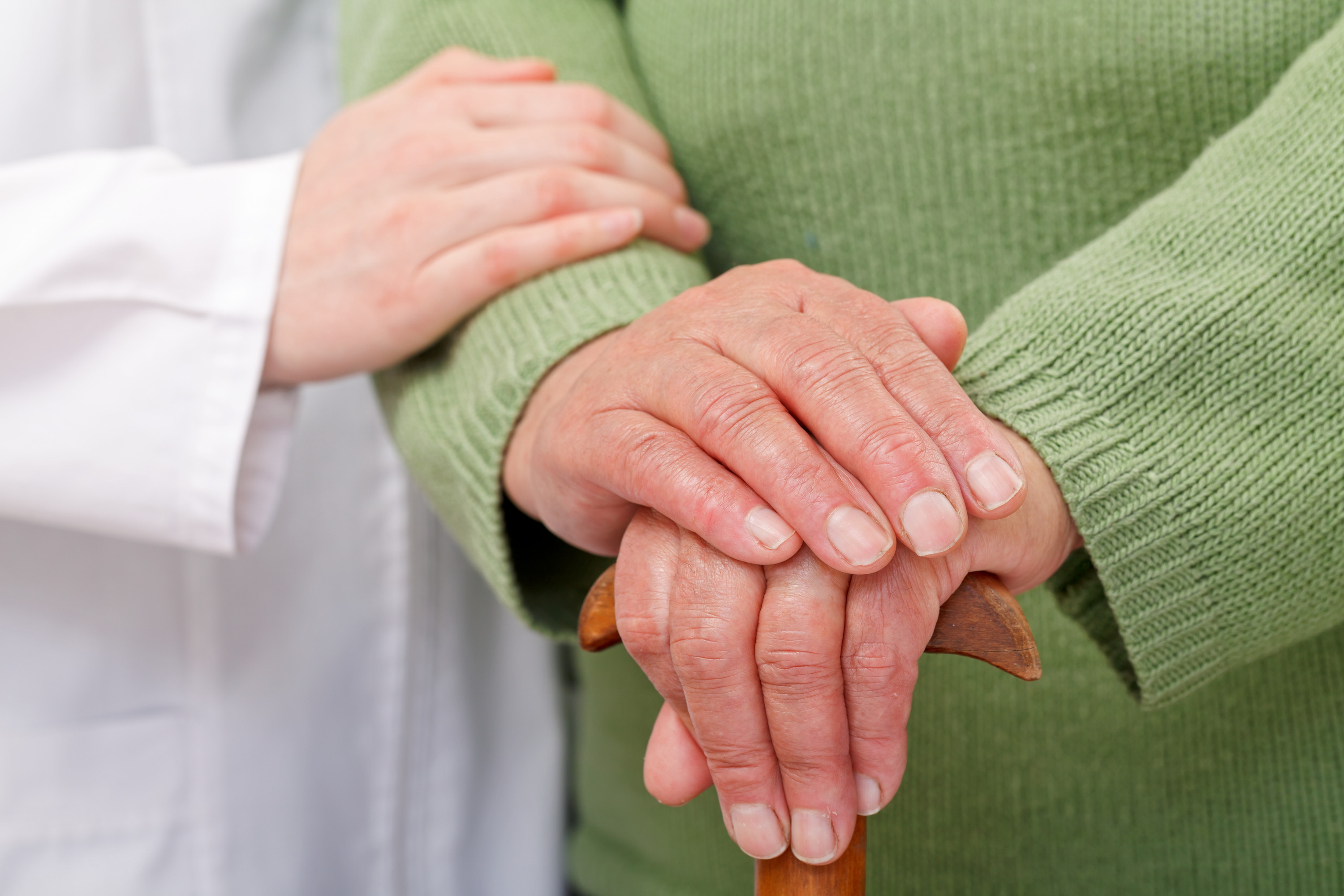
by admin | Sep 21, 2016 | Education
Helping Families Through Prolonged Illness and Loss “I was shocked that the doctors and nurses never mentioned palliative care to my brother. A social worker friend recommended that my brother try yoga and acupuncture along with his chemotherapy and I found yoga and...

by admin | Jul 1, 2016 | Education
Be sure to Walk this Way.. Take these 10 steps to Wellness for a healthier Life.. Most people want greater health, more energy, and vitality, but have hectic schedules and no real time to try new things. These 10 simple steps may help: Step 1: Replenish Your Energy...




